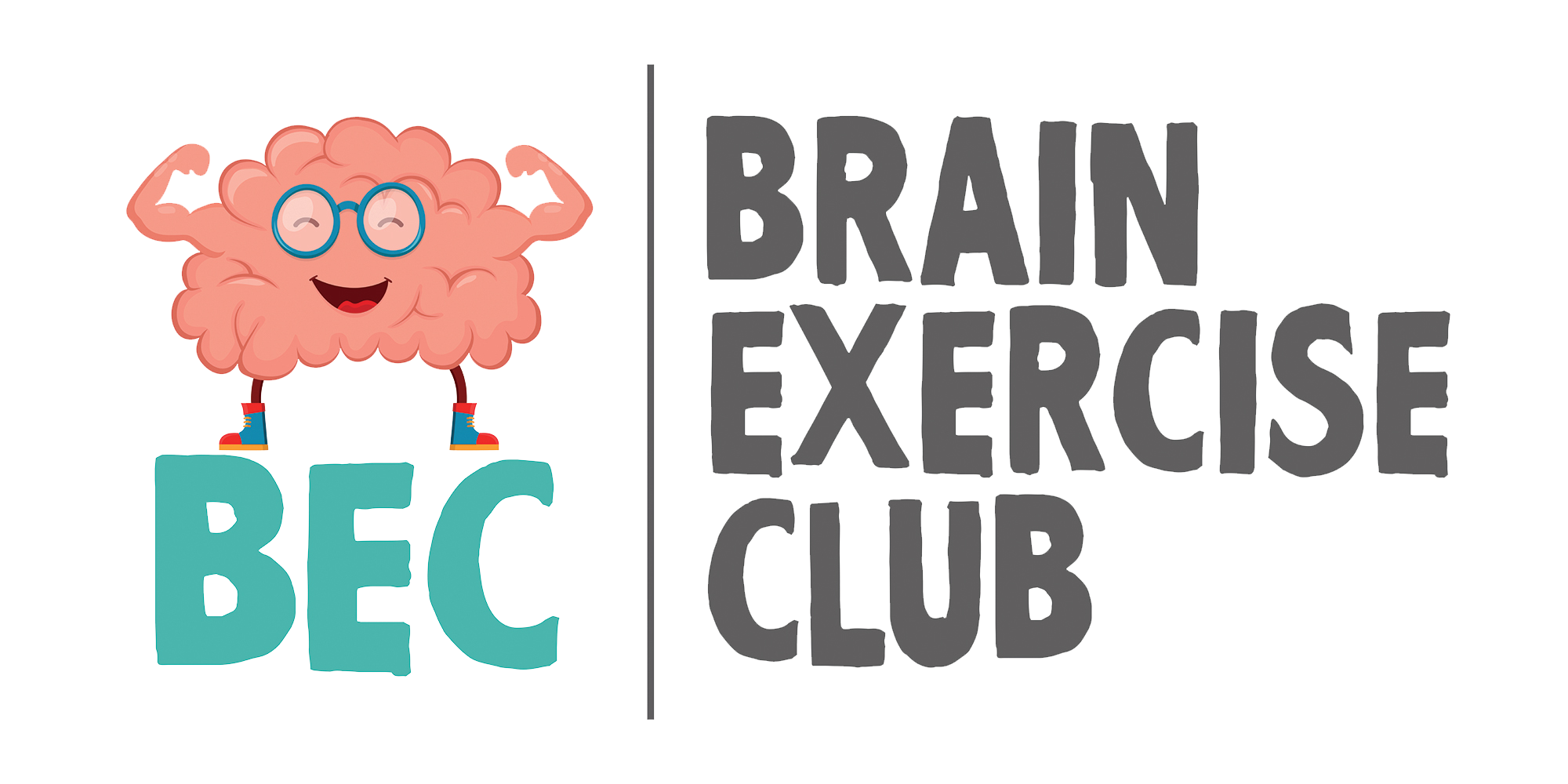
Games to Improve Working Memory
Working memory is a crucial cognitive skill that enables children and adults to efficiently absorb and process information, serving as a mental “container” to temporarily retain data for immediate use or later recall. However, for many individuals, including children and adults, it can feel as if this mental container has leaks, causing information to slip away, necessitating re-reading, and resulting in the omission of vital details. Utilizing games as a means to enhance working memory can be an enjoyable and immersive approach to fortifying this essential skill.
Signs Indicating a Need to Improve Working Memory:
Weak working memory may manifest as:
- Frequent re-reading of texts.
- Difficulty following multi-step instructions.
- Challenges in maintaining focus in the classroom.
- Test anxiety, especially during multiple-choice assessments.
- Requirement for increased time and repetition to retain information.
- Shortcomings in sustained attention and concentration.
Many children diagnosed with ADHD may actually have underlying working memory deficits that hinder their ability to remain on task and retain information long enough for practical application. For adults, weaknesses in this area can erode confidence in daily tasks and decision-making.
Nine Games to Enhance Working Memory Skills:
In general, it is advisable to seek out games characterized by swifter pacing or those that necessitate holding onto specific pieces of information while applying them. Here are some illustrative examples:
- Battleship: This classic game requires players to retain the game’s rules and recall previously called coordinates while assessing their own grid. It also fosters strategic thinking and enhances attention skills.
- Blink: A fast-paced card game where players must remember the cards in their hand and swiftly identify matching cards on the table, based on shape, color, or number.
- Puzzles: Completing jigsaw puzzles challenges visual and spatial awareness, demanding the retention of the overall picture, promoting working memory.
- Rook: This card game involves managing multiple elements simultaneously, including bids, trump cards, card ranks, and more. Playing Rook can enhance multitasking and attention skills.
- Sequence: Players must maintain awareness of the game’s objective while tracking their team’s and opponents’ moves, thereby improving working memory and strategy.
- Set: Set requires players to recall what constitutes a “set” from a group of cards. This engaging game can be either collaborative or competitive, depending on skill levels.
- Stare!: A game that focuses on building visual memory and short-term recall skills. Players examine a picture for 20 seconds and then answer questions about it from memory.
- Stratego: While not overly complex, this game enhances working memory, attention, and reasoning skills, making it suitable for the whole family.
- Uno: Even simple games like Uno require players to maintain multiple pieces of information simultaneously, from remembering the rules to monitoring other players’ actions and the cards in their own hand. It’s suitable for all ages.
Addressing the Challenge Rather Than Struggling Through It:
Understanding the underlying causes of focus and memory challenges is a crucial step toward unlocking one’s full potential. Current difficulties do not need to dictate future outcomes. If you find yourself frustrated by a lack of progress or wonder if there are alternative approaches, you are not alone.
Contact us today to explore how brain training can strengthen weak cognitive skills like working memory, making reading, focus, memory retention, and learning more accessible and enjoyable.



